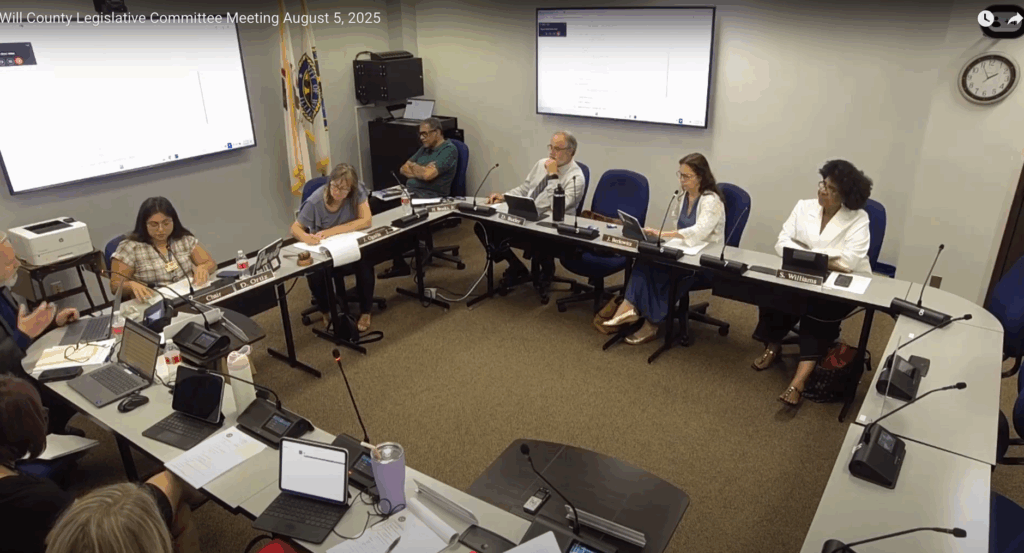
Ranchers decry beef imports from Argentina, expert says good start
Consumers feeling the pang of high beef prices at the grocery store may see some relief from a plan to import beef from Argentina but it’s not likely to be much, according to an expert.
Marc Busch is an expert on international trade policy and law. He’s also the Karl F. Landegger Professor of International Business Diplomacy at the Edmund A. Walsh School of Foreign Service at Georgetown University.
Busch said the increase in beef prices is the result of a combination of factors, including the lowest U.S. beef cattle headcount since 1951.
“We have a shortage of domestic beef. We have higher input prices, not least because of the tariffs, on what it takes to grow a herd, and we have a Byzantine system of import quotas that don’t make a lot of sense and that keep trade from filling in where domestic production falls short,” he told The Center Square.
Ground beef prices were up 12.8% over the 12 months ending in August, according to the Labor Department. U.S. beef prices have increased by more than 50% since 2020, according to figures from the Federal Reserve Bank of St. Louis. From September 2020 to September 2025, the price per pound of ground beef increased by more than $2.20. Ground beef prices hit a record high of $6.32 a pound in August, according to the Bureau of Labor Statistics.
Agriculture Secretary Brooke Rollins recently noted that Americans consume about 12 million metric tons of beef. About 10 million comes from domestic producers, leaving a shortfall of about 2 million, she said. She said the imports from Argentina wouldn’t be limited.
“This is not a massive influx in the millions of tons I think that some have thought of beef from Argentina,” she told Fox Business in October.
Busch said the imports could help, but not significantly.
“No one is opening the floodgates to imports here, this is dilly dallying with existing quotas,” he told The Center Square. “So even if you were to give that quota to some other country, you run the risk that the pricing wouldn’t be viable to make a dent anytime soon. So Australia has way too much quota, but its beef is also way too expensive, and the Argentinians aren’t going to step in and suddenly answer the problem. It’s not going to happen because they’re too small with that quota, but it could make a slight difference in some markets at a certain price point.”
President Donald Trump recently told U.S. ranchers to lower prices. Cattle producers hit back.
“The National Cattlemen’s Beef Association and its members cannot stand behind the President while he undercuts the future of family farmers and ranchers by importing Argentinian beef in an attempt to influence prices,” NCBA CEO Colin Woodall said in a statement. “It is imperative that President Trump and Secretary of Agriculture Brooke Rollins let the cattle markets work.”
Busch called it a politically smart move, but said beef imports from Argentina are unlikely to significantly affect prices at the grocery store for U.S. consumers. He said the dispute was a protectionist one to keep prices elevated. He also dismissed the NCBA’s concerns about Foot-and-Mouth Disease in Argentina, saying the country’s supply was safe and that any outbreak would trigger a ban on imports. And Busch also called out the NCBA’s worries about Brazilian beef being relabeled as from Argentina.
“The U.S. is on guard for transshipment of anything from anywhere through trade partners,” he noted, given the existing tariffs that have upended global trade.
The Center Square reached out to the National Cattlemen’s Beef Association with questions submitted through a portal on the group’s website on Thursday and followed up by phone and email on Friday. The group’s media team did not respond.
Busch said the solution is to import more beef, but that’s politically fraught and unlikely to succeed anytime soon.
“If we had more liberalization of our market, then we might get closer faster, but it’s not in the cards. This is an incredibly politically powerful constituent, and their investment in protectionism is second to none. So the answer, which is staring us in the face, isn’t on the table, but instead, what you will see is rejigging at the margins and a lot of pressure from the president to lower prices, which smacks of market interference in a way that many Republicans in Congress are not going to endorse. It is in Congress that you’re also hearing the loudest opposition, to the point where the narrative is this is a sellout, even with an inconsequential redistributing of quota to Argentina.”
Latest News Stories

Township Appoints Temporary FOIA Officer During Trustee’s Leave of Absence

Meeting Summary and Briefs: Green Garden Township Board for August 11, 2025

About Us

Everyday Economics: CPI takes center stage as tariff-driven price pressures mount

Net negative migration is harmful to the economy, economists say
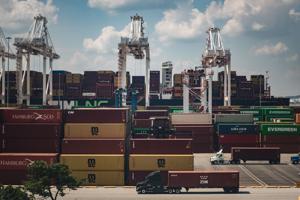
Details pending on billions in foreign investments coming from trade deals
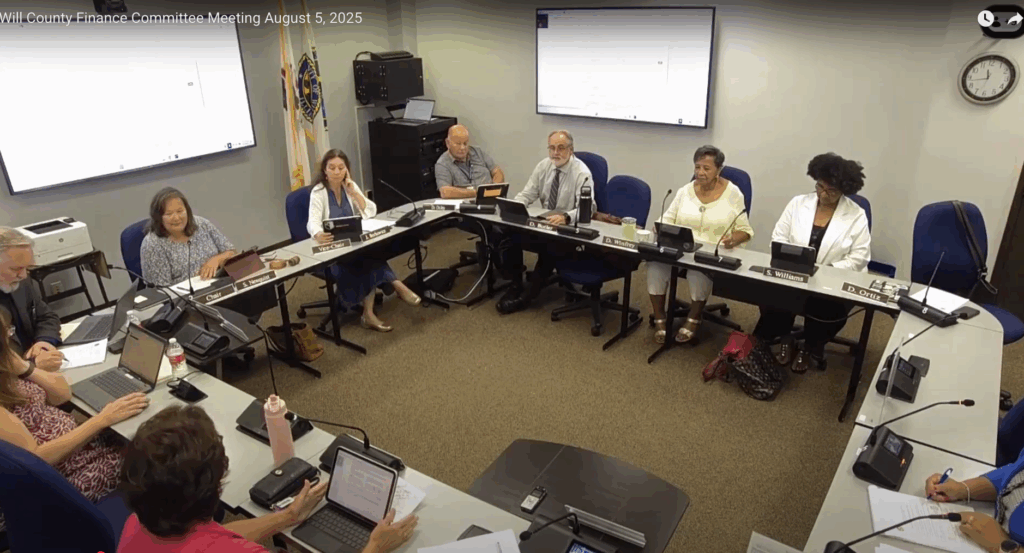
Will County Health Department Seeks $1 Million to Avert ‘Drastic’ Service Cuts from Expiring Grants
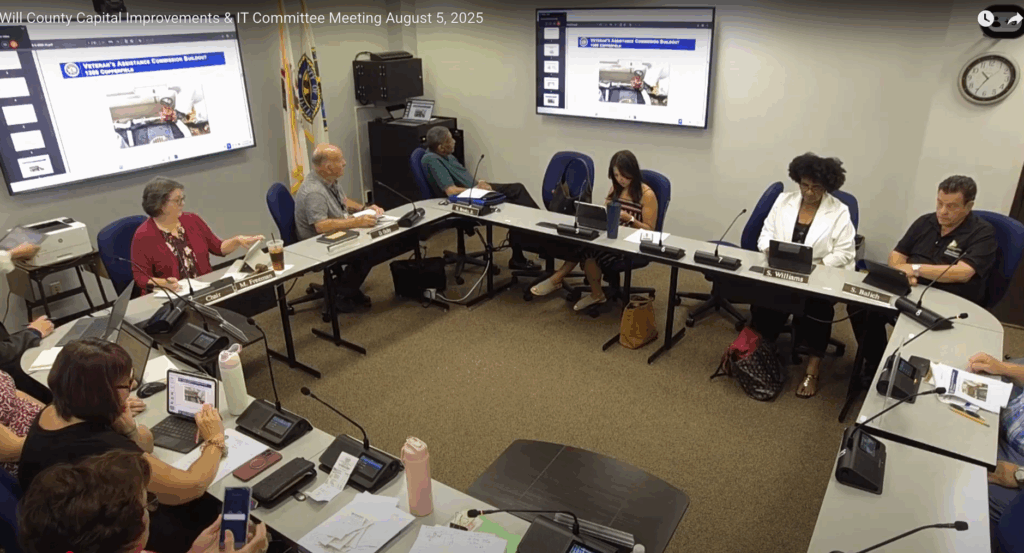
Will County’s “First-in-Nation” Veterans Center to House Workforce Services, Sparking Debate
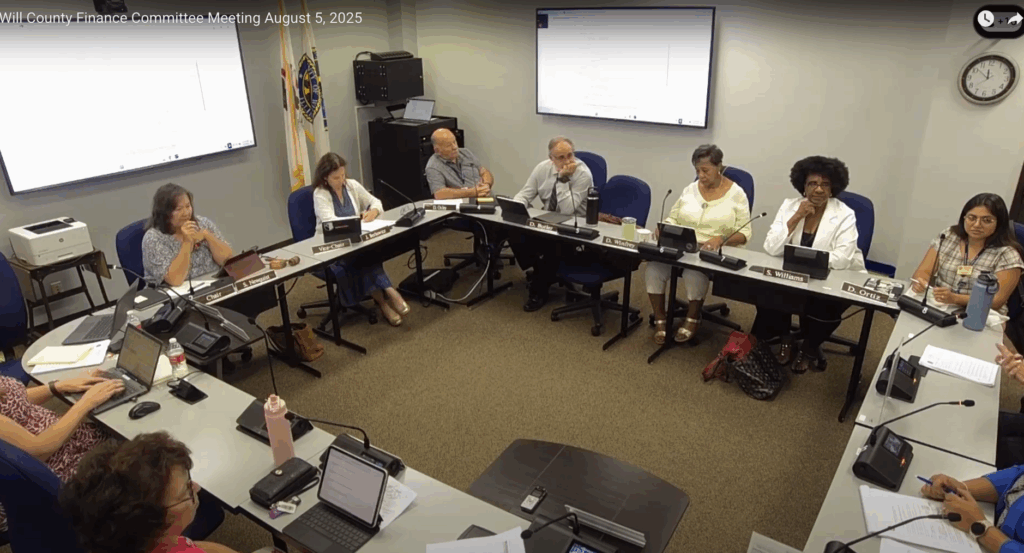
Improved Vendor Service Creates $1.2 Million Shortfall in Sheriff’s Medical Budget

Will County Public Works Committee Unveils 25-Year Transportation Plan, Projects $258 Million Gap
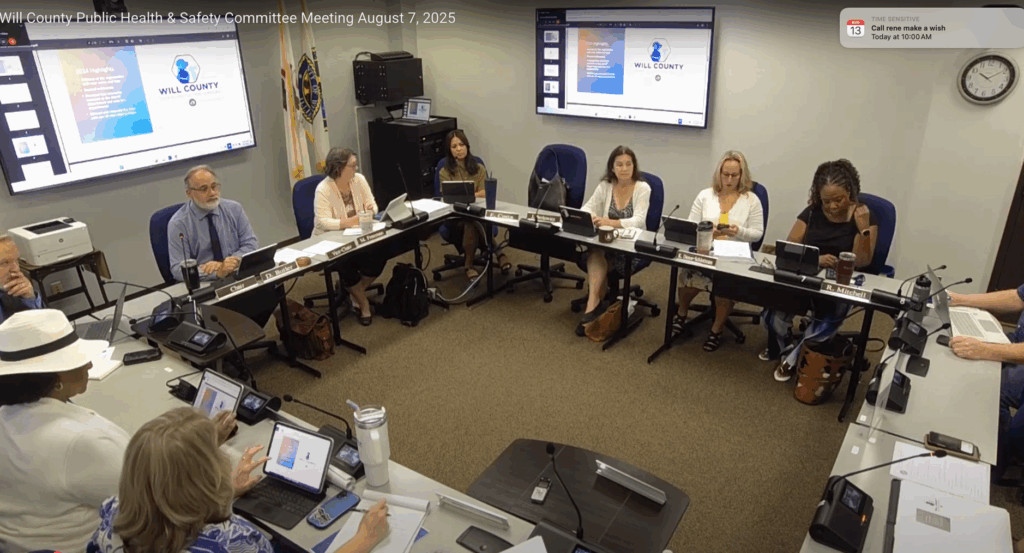
Will County Animal Protection Services Seeks New Facility Amid “Gaping Wound” of Space Crisis
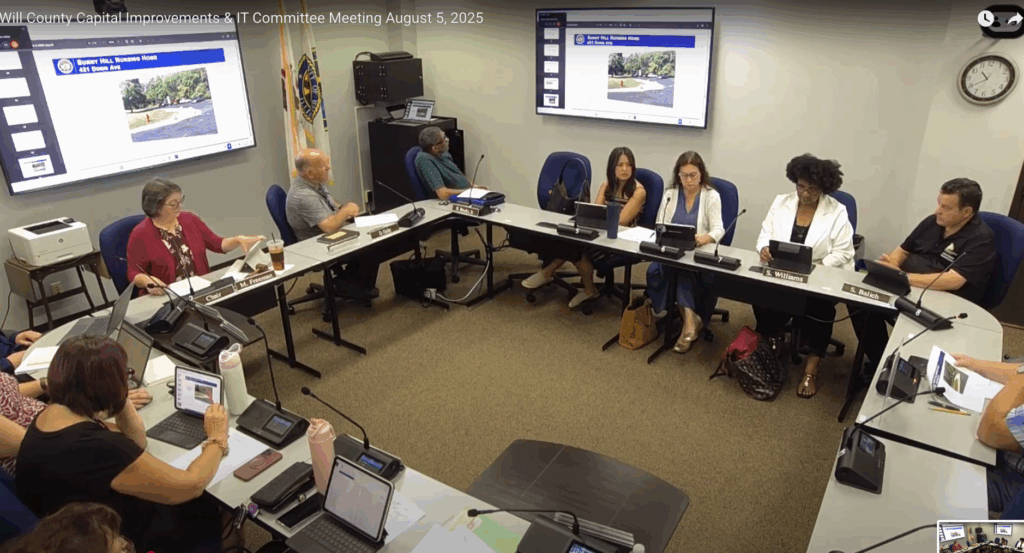
Board Confronts Animal Services Crowding, Explores Future Facility Options
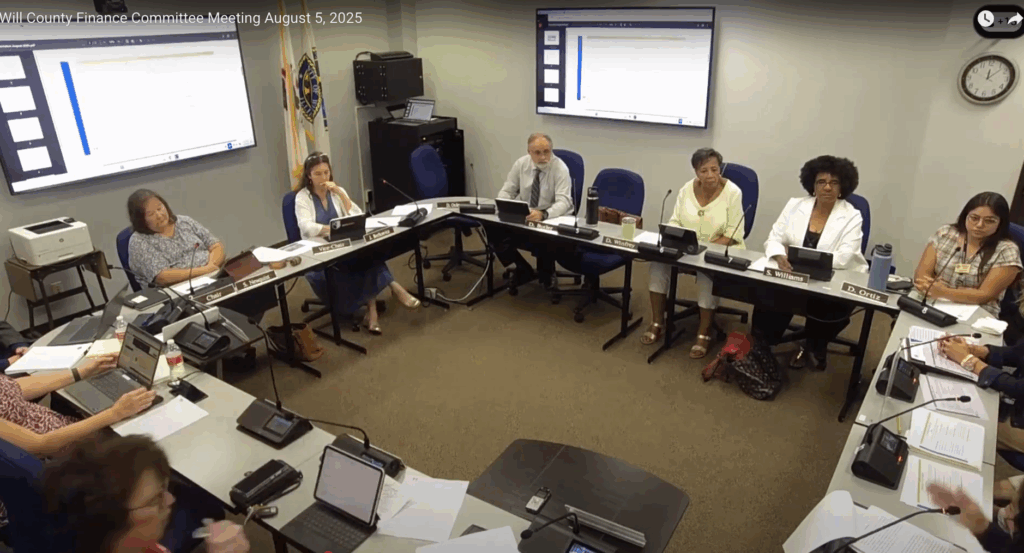
Will County Board Members Demand Transparency in Cannabis Tax Fund Allocation

Homer Glenn Residents Push Back on 143rd Street Widening as Officials Signal “Tentative Agreement”
